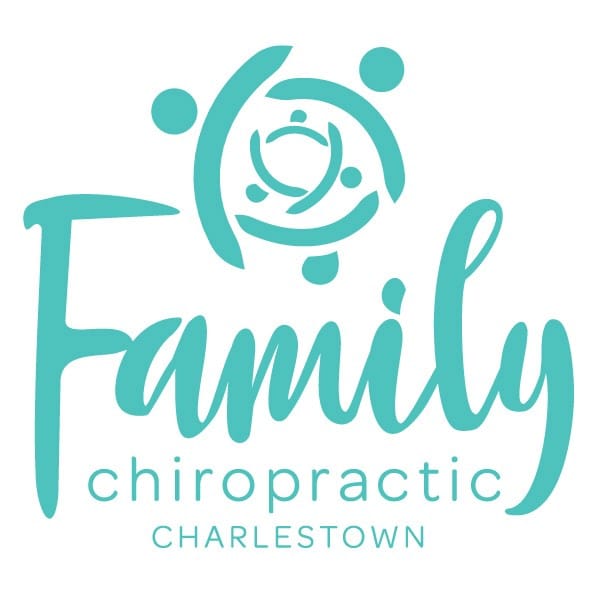Brexting & the importance of parent/child bonding
Being well into the middle of my life, I am frequently exposed to terms and concepts which are new and foreign to me.
I am all over FOMO and LOL, but when someone mentioned “Brexting” to me, I was well off track when I felt stressed over the European division.
Brexting is an increasing phenomenon where mums text and surf the internet while breastfeeding their babies. Lots of mums use their phones to stay connected with friends and family members, or even to take a mental break and check out the latest on their social media feeds.
Brexting, Bracebooking and Brinstagramming may be new terms in my vocabulary, but the concept is not. I have been worrying about bottle and breastfeeding Mumma’s in my waiting room for years, gazing lovingly into their phone screens rather than their baby’s eyes.
I used to have a sign on the front door of my practice saying “please turn off your mobile devices” due to the sensitive, developing brains present, but as you can imagine, my success rate was close to zero!
Now, although I am so old that I didn’t even have a PC when my children were growing up, I understand the need to have a break, keep in touch with friends and feel “normal”.
I recognise that feeding time seems to be the perfect opportunity to multitask when your baby is otherwise gainfully engaged. However, it is important that mothers understand what happens at feeding time other than the transfer of nutrients, to facilitate informed decisions about when to use their devices.
Eye contact and bonding with your bub
First and foremost is the question of eye contact.
From birth, human babies have been found to show a preference for looking at faces, focusing particularly on the eyes. Even tiny infants can detect and understand the emotional states of others by looking into their eyes and this has been found to be involved in social connection and development later in life.
Also, while baby appears to stare vacantly at mum while feeding, she is actually busy mapping out mum’s face in her little brain.
This results in early face recognition (baby recognises mum’s face from 4 days old), increased interaction and connection with mum, and an oxytocin reward for both, resulting in the all-important ingredient for secure attachment: bonding.
Dysfunctional bonding is associated with increased risk of future depression, anxiety, learning difficulties and challenges with memory – so bonding is worth working hard to achieve!
In their article The Importance of Early Bonding on the Long-Term Mental Health & Resilience of Children, Winston and Chicot talk about how to support pregnant mums and new mothers with practical skills to help her bond with her baby.
They suggest skin to skin contact, early breast feeding, cuddling, and lots of face to face time with your baby to establish non-verbal communication.
Eye contact also causes mum and baby’s brain waves to synchronise, stimulating baby’s vocalisation and communication and helping to build baby’s social neural networks.
Studies have shown that babies as young as 2 days old can differentiate between direct and averted gaze – plus, the electrical activity in babies’ brains is increased with direct gaze. Research has also shown that eye contact and joint gaze is involved in language development.
Studies have shown that exposure to distressing or worrying screen content is more likely to cause feeding difficulties.
Distractions can have a major impact on bubs – so let’s give mum a helping hand
If mum is breastfeeding, being distracted while feeding can interfere with the let-down. Distractions can come in many shapes and sizes – toddlers, partners, the weather as well as screens.
Some can be managed, and some can’t.
What new mums need more than anything is love, support and understanding, as well as a helping hand with cooking, cleaning and rocking baby.
I want to emphasise that my intent is not to give new mothers more do’s and don’ts – all I want is to provide some facts so mum knows best what to do about it.
Forget brexting – breastfeeding is the perfect opportunity for parent/child bonding. Check out our podcast for more essential mum & bub info!
Image: Pexels
